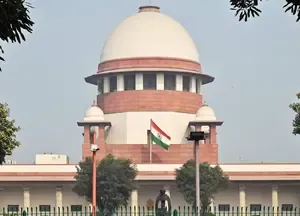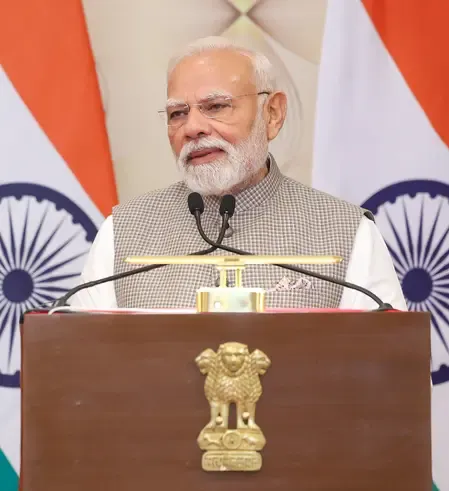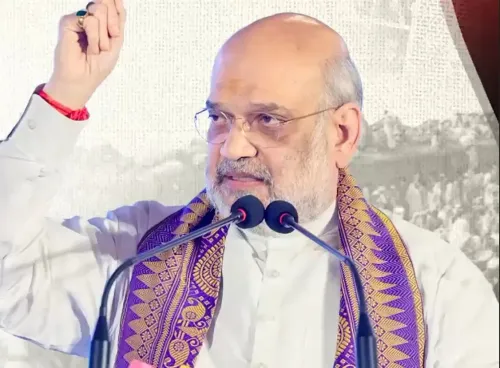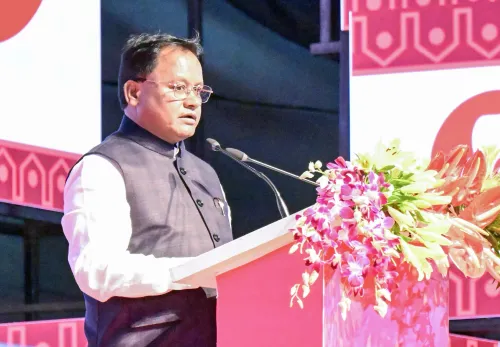Supreme Court Suggests Approaching Election Commission Regarding Inclusion of Political Parties in Anti-Sexual Harassment Law

New Delhi, Dec 9 (NationPress) The Supreme Court on Monday dismissed a Public Interest Litigation (PIL) calling for the incorporation of political parties within the framework of the anti-sexual harassment law.
“Why don’t the petitioner reach out to the Election Commission of India? This body is the appropriate authority to address such concerns. Allow them a reasonable period to consider the issue. Should there be no outcome, our doors remain open,” remarked a Bench led by Justice Surya Kant during the hearing with senior advocate Shobha Gupta, representing the PIL.
The Bench, which also included Justice Manmohan, highlighted that the Election Commission should encourage recognized political parties to establish an internal mechanism for handling complaints of sexual harassment, in line with the Sexual Harassment of Women at Workplace (Prevention, Prohibition and Redressal) Act, 2013.
“The writ petition is dismissed at this time, granting the liberty to approach the appropriate authority. If the petitioner’s concerns are not adequately addressed, she may seek recourse through the judicial system as per the law,” the apex court ordered.
In addition to the Union government, the PIL included the Congress, Bharatiya Janata Party, Communist Party of India-Marxist, Communist Party of India, Trinamool Congress, Nationalist Congress Party, National People’s Party, Bahujan Samaj Party, and Aam Aadmi Party as parties involved.
The application sought a declaration affirming that political parties are obligated to adhere to the procedures safeguarding women in workplaces as mandated by the anti-sexual harassment law.
Moreover, it requested the establishment of a grievance redressal mechanism against sexual harassment, consistent with the Supreme Court's directives in the Vishaka vs State of Rajasthan case.
"The petition strives to ensure that political parties comply with the POSH Act and foster a secure work environment for women, devoid of sexual harassment," stated the application submitted under Article 32 of the Constitution.
Highlighting the extensive membership across political parties, the petition noted that politics holds a crucial place in Indian society, asserting that the presence of Internal Complaints Committees (ICCs) to tackle sexual harassment varies significantly among these parties.
The PIL contended that the inconsistency of standardized ICCs across political entities could lead to insufficient reporting and handling of sexual harassment incidents, differing levels of victim protection and support, and a culture that either tolerates or neglects sexual harassment.
It emphasized the need for Indian political parties to prioritize the creation of a secure and inclusive atmosphere for women engaging in politics.








